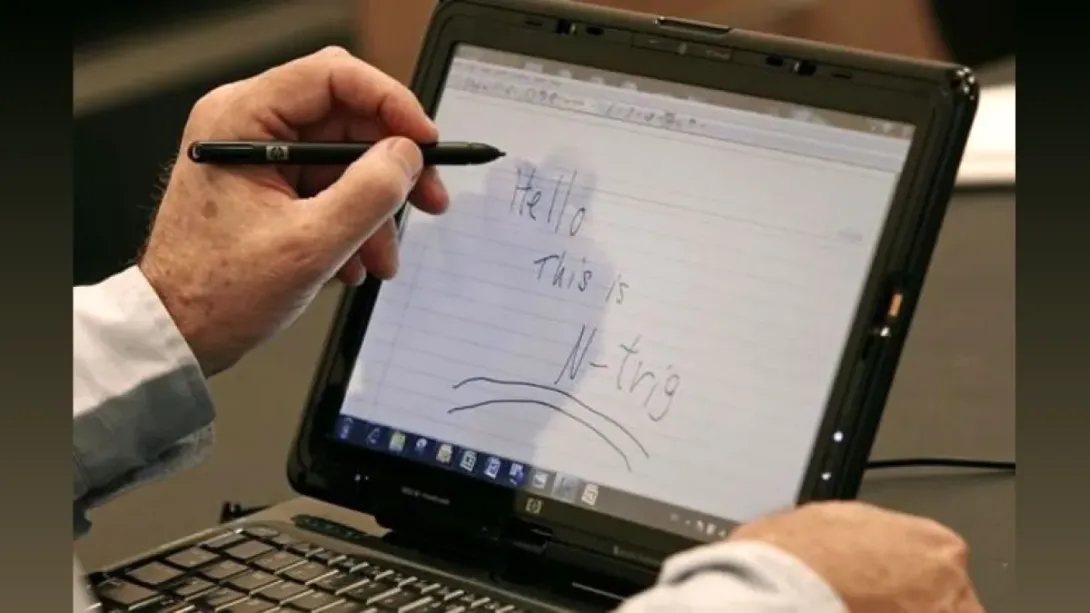India has urged the World Trade Organization (WTO) to widen the scope of discussions on e-commerce beyond tariff-related issues, emphasizing the need to address digital infrastructure gaps and the uneven benefits of the digital economy. Indian officials argue that without inclusive frameworks, developing nations risk being sidelined in global e-commerce growth dominated by advanced economies and big tech firms. The proposal calls for the WTO to focus on capacity-building, fair taxation, data governance, and digital public infrastructure to ensure equitable participation and sustainable growth across member countries in the evolving global digital trade landscape.
India Advocates a Broader Global E-commerce Agenda
At recent WTO deliberations, India reiterated its stance that discussions on e-commerce must move beyond narrow trade considerations to encompass the broader ecosystem required for equitable digital growth. The country emphasized that developing and least-developed nations often lack the digital infrastructure, payment systems, and policy frameworks necessary to fully participate in cross-border online commerce.
Indian representatives highlighted that while e-commerce offers vast opportunities for global integration, it also risks deepening the digital divide if rules are framed solely around market access and tariff liberalization. Instead, India called for global cooperation on digital infrastructure, skill development, and technology-sharing initiatives that empower smaller economies and domestic enterprises.
Focus on Digital Infrastructure and Inclusivity
India’s proposal underscores the importance of building robust digital public infrastructure—such as secure payment gateways, identity systems, and data-sharing frameworks—to ensure fair competition and innovation. The Indian delegation urged WTO members to recognize that without adequate infrastructure, discussions around tariff exemptions or cross-border data flows would disproportionately favor advanced economies and multinational corporations.
Citing its own experience with initiatives such as the Unified Payments Interface (UPI) and Digital Public Infrastructure (DPI) frameworks, India positioned itself as an example of how technology-led inclusion can transform domestic markets. Officials stressed that similar capacity-building models could be supported globally through multilateral collaboration.
Concerns Over Tariff Moratorium and Revenue Loss
One of India’s primary concerns remains the long-standing moratorium on customs duties on electronic transmissions—a policy that prevents countries from imposing tariffs on digital products such as software, movies, and e-books. India argues that the moratorium disproportionately benefits developed economies while depriving developing countries of potential tax revenue.
According to Indian officials, digital trade rules should allow policy flexibility for emerging economies to safeguard fiscal interests and promote domestic digital industries. The government has consistently maintained that any extension of the moratorium must be preceded by a comprehensive review of its economic impact on developing nations.
Global Equity at the Core of India’s Stand
India’s position reflects a broader theme of ensuring digital equity within multilateral trade systems. The country has called on WTO members to address structural inequalities in data ownership, digital taxation, and e-commerce regulation. Officials contend that if left unchecked, existing rules could allow global tech giants to dominate markets and extract disproportionate value from developing economies.
By advocating for a more inclusive approach, India seeks to align digital trade governance with principles of fairness and shared prosperity. This includes supporting small and medium enterprises (SMEs), enabling cross-border payment systems, and strengthening cybersecurity measures to build trust in digital transactions.
Outlook and Global Implications
India’s intervention at the WTO highlights its growing influence in shaping global digital policy discourse. With e-commerce projected to exceed USD 8 trillion globally by 2030, ensuring equitable access and fair competition has become a strategic imperative. Experts believe that India’s call to link digital trade with infrastructure development could set a precedent for more balanced policymaking within global institutions.
The debate over the digital tariff moratorium is likely to intensify ahead of the next WTO Ministerial Conference. If India’s proposals gain traction, it could mark a significant shift in how the world approaches the governance of digital trade—one that blends economic opportunity with digital sovereignty and inclusion.
Conclusion
India’s push for a more inclusive and development-oriented discussion on e-commerce at the WTO underscores a critical shift in global trade diplomacy. By urging the integration of digital infrastructure, taxation fairness, and equitable access into the policy framework, India seeks to transform digital commerce from a privilege of the few into an engine of inclusive global growth. As digital economies continue to expand, such reforms may prove essential in ensuring that globalization in the 21st century remains truly participatory.

Comments